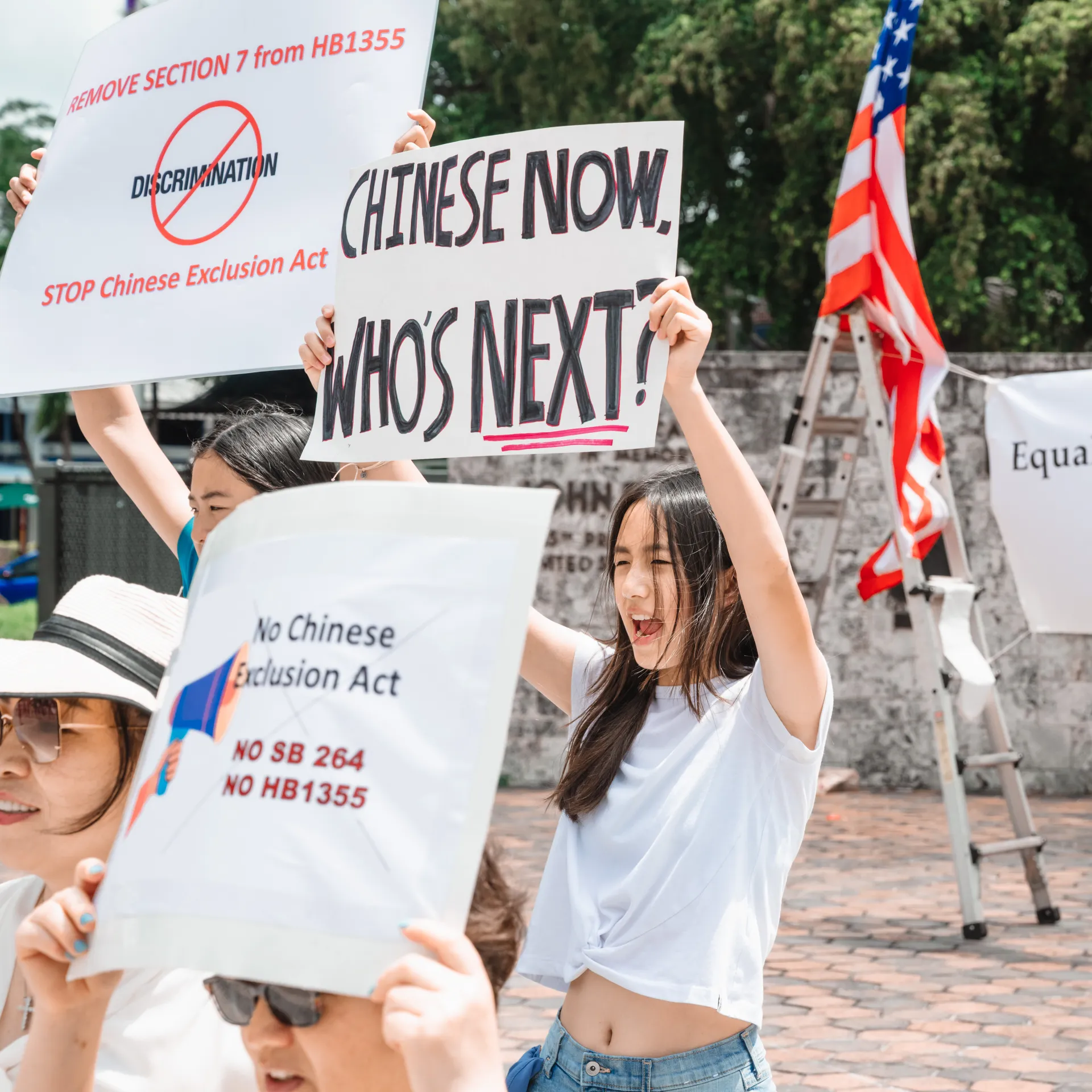A group of Chinese citizens residing and working in Florida is contesting a new law that prohibits them from purchasing property in the state.
The American Civil Liberties Union (ACLU), which is representing the plaintiffs, argues that the law is unconstitutional and discriminatory.
According to the lawsuit, the ban will also affect Chinese Americans and individuals of Asian descent. Supporters of the bill claim it is necessary for protecting U.S. national security. The Florida governor’s office has not yet responded to requests for comment.
The lawsuit is filed amidst tense U.S.-China relations and as Republican Governor Ron DeSantis prepares to launch his presidential campaign.
“Florida’s discriminatory property law is unfair, unjustified, and unconstitutional,” said Ashley Gorski, senior staff attorney at the ACLU. “Everyone in the United States is entitled to equal protection under our laws, including citizens of other countries.”
Represented by the ACLU and two other organizations, the plaintiffs argue that the law will lead to widespread discrimination against these communities in Florida, including both residents and American citizens.
The legislation restricts property ownership within 10 miles of “critical infrastructure facilities” and prohibits foreign entities from Russia, Iran, North Korea, Cuba, Venezuela, and Syria from buying property.
Critical infrastructure includes airports, military installations, spaceports, refineries, electrical power plants, water and waste treatment facilities, and seaports. Additionally, foreign entities are barred from purchasing agricultural land.
The law particularly targets Chinese nationals and entities. It makes it a felony for Chinese citizens or companies to buy property, or for anyone to knowingly sell to them, while sales to individuals from the other listed countries are only considered a misdemeanor.

Concerns about potential state-sponsored interference from China, Iran, and Russia in vital American infrastructure, such as the power grid and voting systems, have been raised by both Republicans and Democrats over the years.
Florida is not the only state implementing such measures. Montana’s Republican governor signed a similar law in early May, restricting Chinese businesses and nationals from buying agricultural land or property near critical infrastructure. Texas is also considering similar legislation.
Governor DeSantis signed SB 264 into law on May 8, with the measure set to take effect on July 1. In a press conference, DeSantis stated that the law aims to “stop the influence of the Chinese Communist Party.”
The U.S. has a history of discriminatory housing policies, both official and unofficial. Civil rights cases have long sought to end housing discrimination based on race, sex, ideology, or orientation.
The practice of “redlining” in the 20th century, for example, excluded many communities of color, particularly Black residents, from owning property in certain areas.
Asian Americans have also faced such discriminatory practices throughout U.S. history. Legal advocates have referenced these historical injustices in their argument that the new law harms Chinese immigrants.
“Xenophobic policies and rhetoric toward China stoke racial bias,” said Bethany Li, legal director of the Asian American Legal Defense and Education Fund, one of the groups representing the plaintiffs.
The law has left many in Florida’s Asian community anxious and fearful about their futures. Before the bill was passed, Chinese Americans protested at the Florida state capitol against the new restrictions.
Victoria Li, a student, expressed her concerns to the Tallahassee Democrat, stating that the “bill will affect people like me who want to own a home. We’re scared, we’re terrified. That’s what we came here for. We have the American Dream.”







Leave a Reply